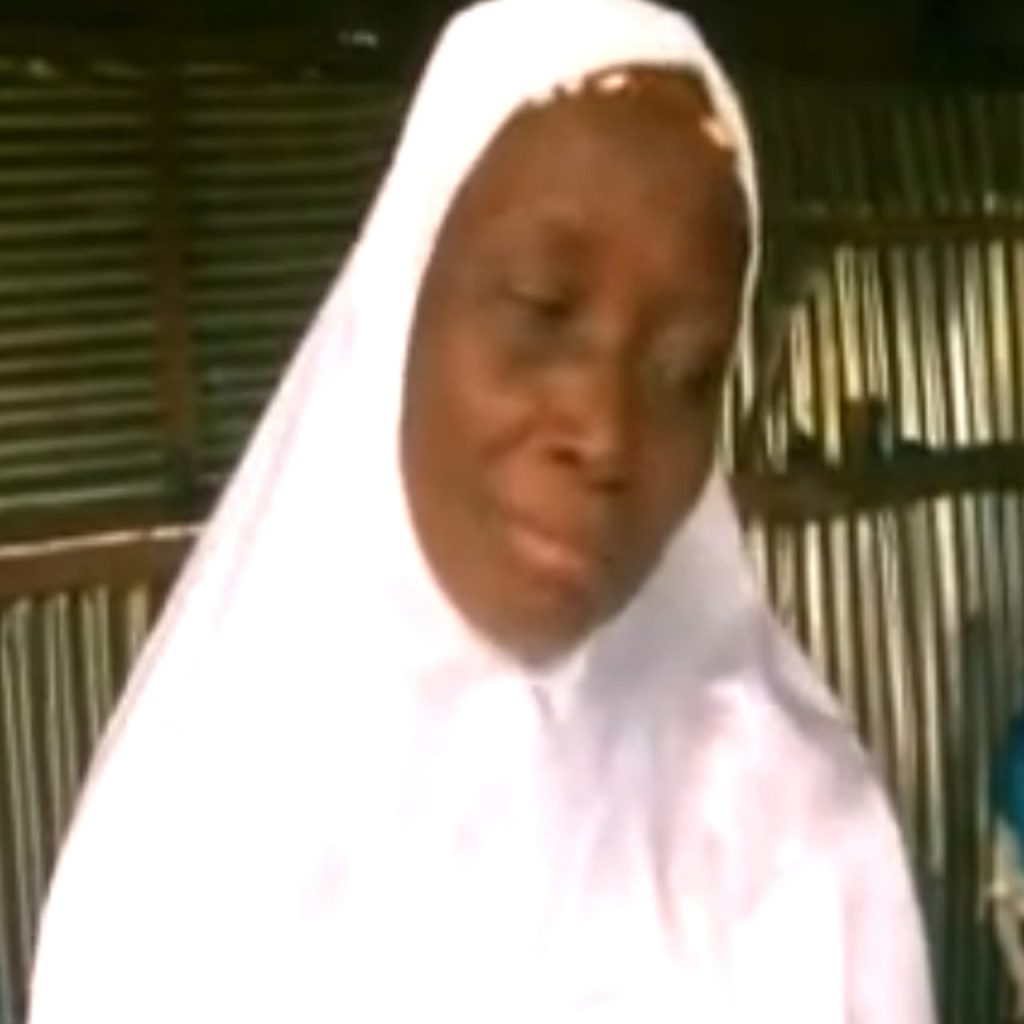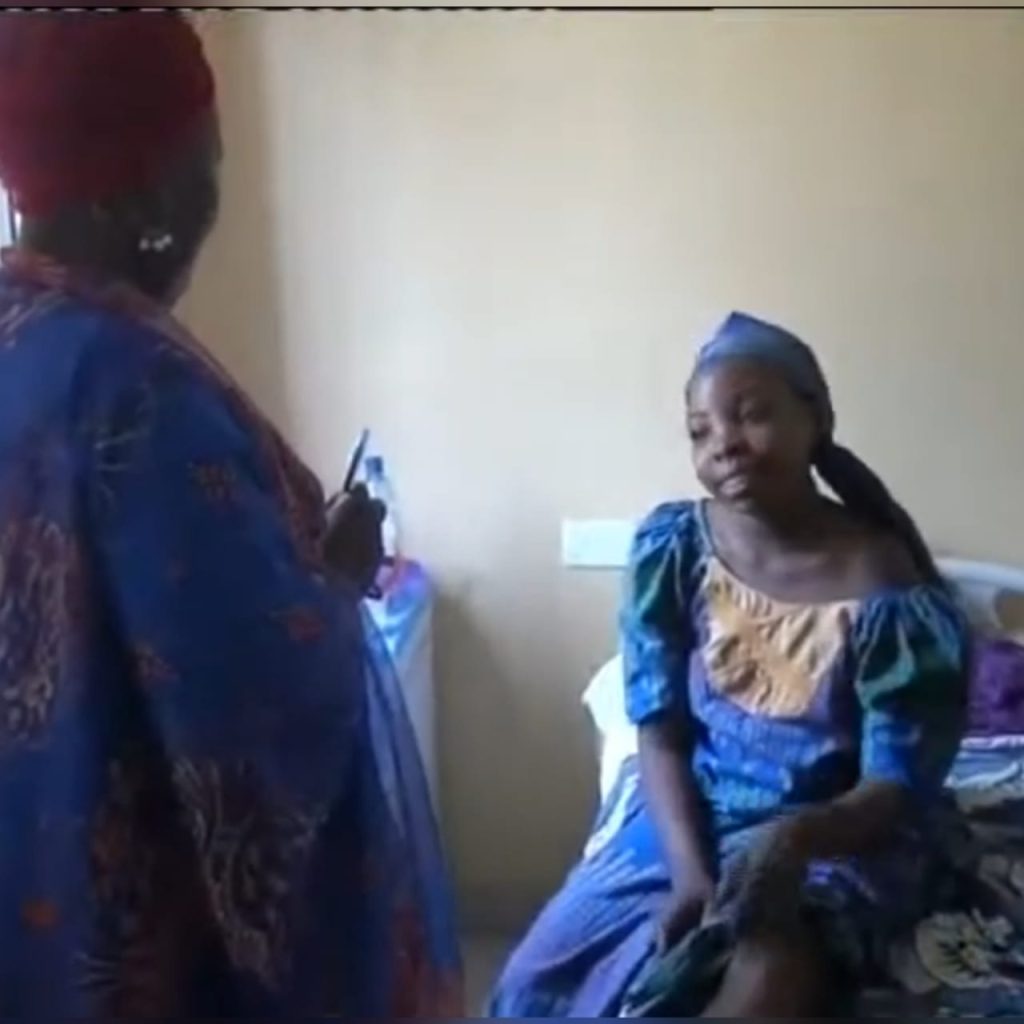Vesicovaginal Fistula: Emerging threat to Reproductive Healthcare
By Nange Kah
When a woman gets pregnant, the family anticipates the birth of a child, but to some women the story is that of sadness.
They end up losing the child and are left with the problem of leaking urine uncontrollably.
Obstetrics fistula is a condition that affects women due to prolonged or obstructed labour, it causes a hole in the bladder or bowel, leaving the patient constantly leaking urine.
Vesico Vaginal Fistula (VVF) is common among the poorest of the poor women with limited access to primary health care services.
This problem is a recurrent phenomenon in Bauchi State, in Nigeria’s north – east, where home delivery is the norm. Bauchi has the worst indices of reproductive health in the north east according to the National Demographic Health Survey NDHS 2018.
It is a state where girls marry as early as the age of 15.
When they get pregnant, some are prevented from accessing antenatal care by their mother in-laws. For those who do visit a health facility, delivery is usually at home.
The belief is that only lazy women go to the hospital to give birth.
The in-laws or a traditional birth attendant is called in to assist the woman in labour. Some go for days in pain and when it becomes obvious she can’t deliver at home, the woman is then rushed to the hospital.
Coming in with prolonged or obstructed labour, the women in most cases lose the baby and as if that’s not enough they develop VVF.
Some of the women with this condition are often ostracized and stigmatized in their communities. The isolation starts with the inevitable divorce by the husband.
One victim is Ms Fatima Hassan, who eventually survived. Narrating her ordeal she said, “I contracted the condition during my 11th pregnancy.
” I went through labour at home for days, the traditional birth attendant was with me all through, but later I found myself in the hospital after I regained consciousness, the baby was dead and I realized my bed and clothes were soaked with urine”.
“I lived with this shame for years as I had to undergo 14 repairs both in Jos university teaching hospital and the National obstetrics fistula centre in Ningi,Bauchi state,” she said.

Fatima Hassan
Fatima explained further that life was tough as family members rejected and shunned all forms of interaction with her, while others turn away their heads and cover their noses as they pass by.
” Am happy today because I am healed and working as the head cook at the National obstetrics fistula Centre Ningi, thanks to the management who gave me the appointment.”
Rasheeda Ibrahim and Maryam Umar, survivors of VVF are divorced as a result of the VVF condition.

Rasheeda Ibrahim
The duo had VVF repairs and described the condition by telling their stories to advocate on issues around VVF.
Both survivors also embarked on sensitization campaigns to create awareness about fistula in their communities.
A visit to the National obstetrics Fistula Centre (NOFC), Ningi shows the magnitude of this condition. Women visit the center on a daily basis with VVF from the six North Eastern states in the West African country.
Director, Clinical of the NOFC, Dr Lamaran Dattijo, said that the rise in this condition is due to poor basic health care services and lack of maternal care knowledge by the people.
“We do see and repair women on a daily basis and for complex cases it is periodical where experts are brought in to assist”.
He said that the Centre repairs about 300 women repaired yearly.
The United Nations Population Fund (UNFPA) has supported survivors in NOFC with free feeding and accommodation over the years.
The UNFPA also helps to rehabilitate the victims after treatment. In 2020 and 2021, it donated equipment to no fewer than 159 survivors and trained them on various skills to regain sources of livelihood and integrate with their community.


